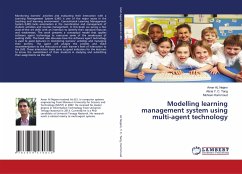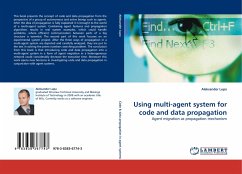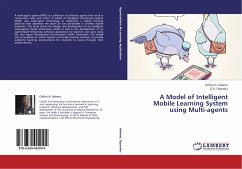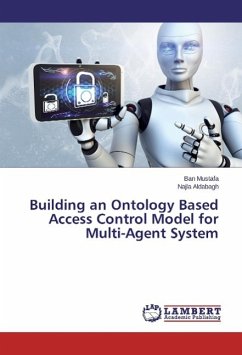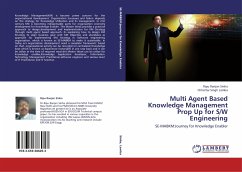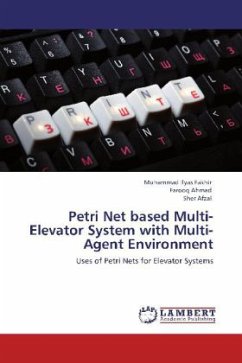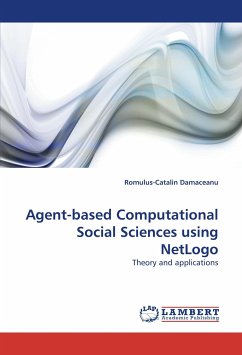Monitoring learners' activities and evaluating their interaction with a Learning Management System (LMS) is one of the major issues in the teaching and learning environment. Conventional Learning Management System (LMS) lacks automation in the coordination and management of student activities and courses management. In this book we survey a few state-of-the-art LMSs with an intention to identify their standard features and weaknesses. The work presents a conceptual model that applies software agent technology to overcome some of the weaknesses of existing LMSs. This book also discusses how the software agent technology is used to assist lecturers in monitoring learners' activities and managing their profiles. The agent will analyze the profiles and make recommendation to the instructors of each learner's level of interaction to the LMS. These interaction levels serve as good indicators for the lecturers to know the commitment of their students in studying and submitting their assignments via the LMS.
Bitte wählen Sie Ihr Anliegen aus.
Rechnungen
Retourenschein anfordern
Bestellstatus
Storno

